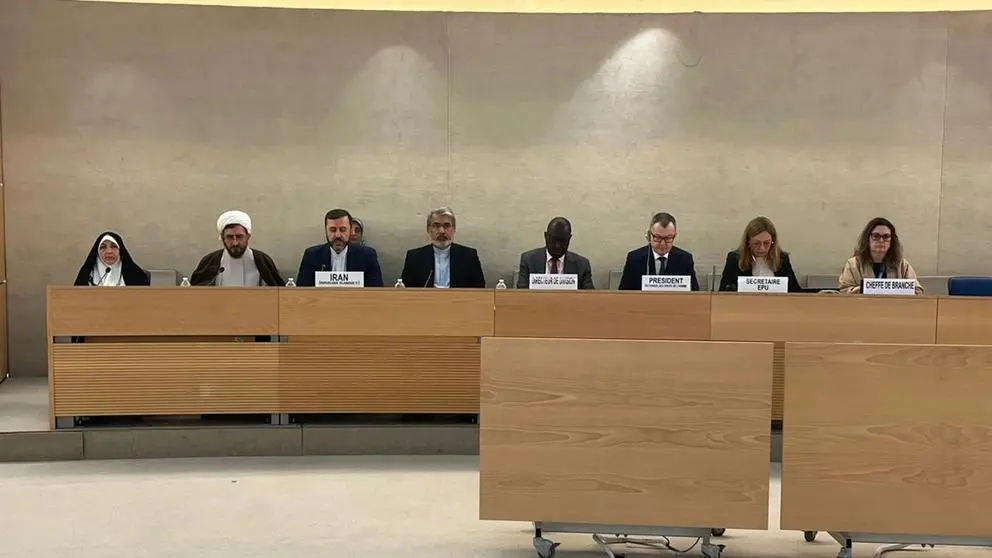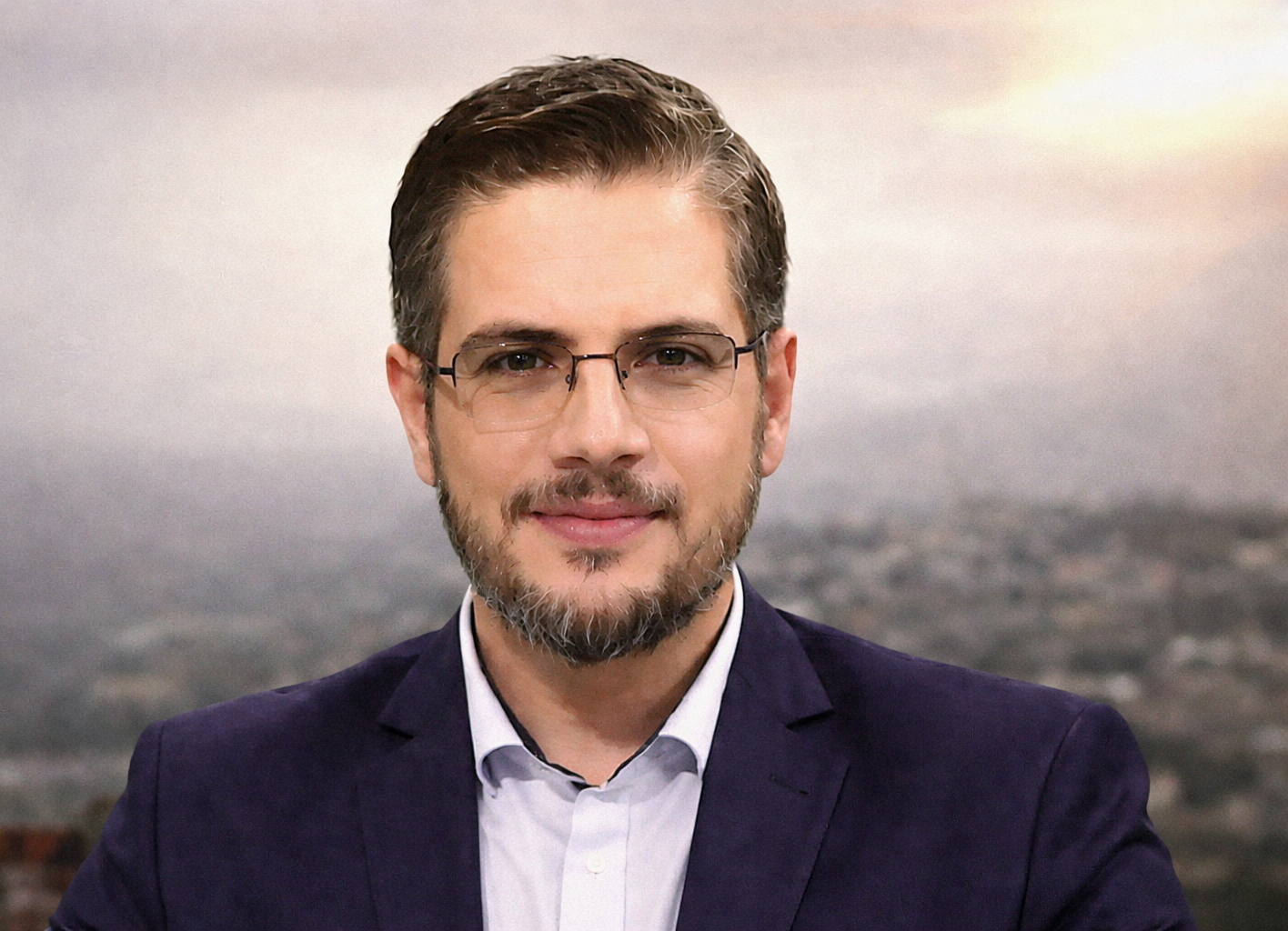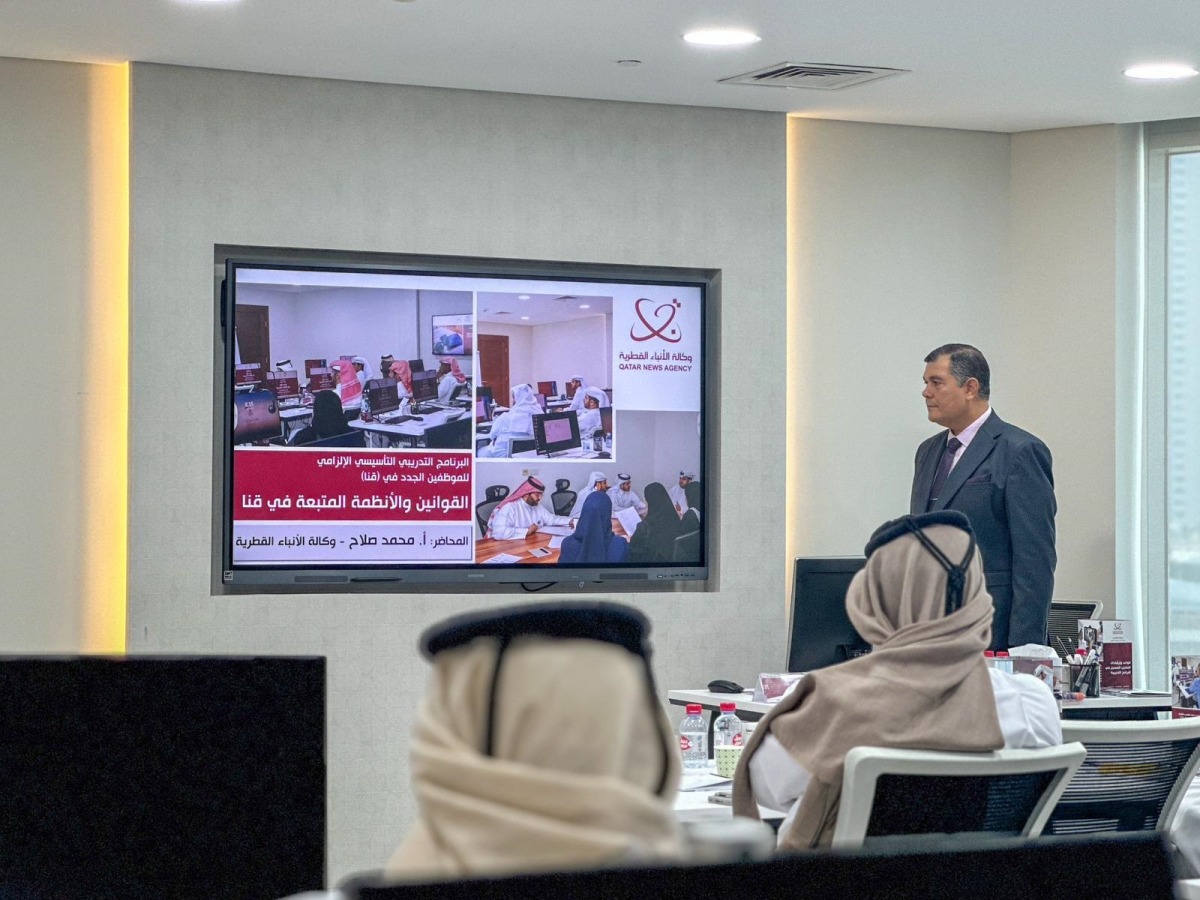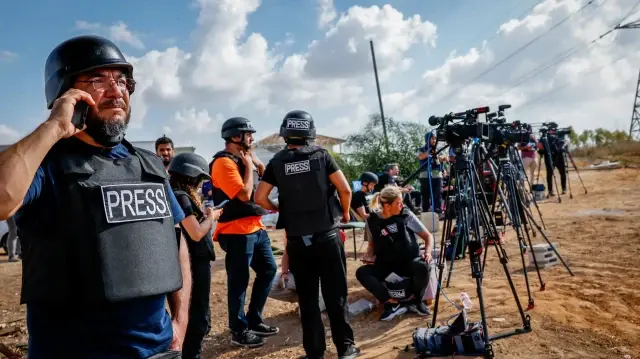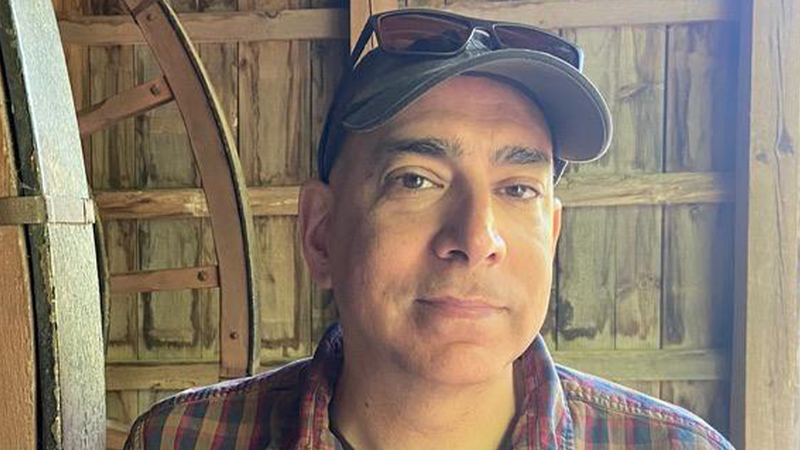
Swiss Detainment of Ali Abunimah Sparks Free Speech Outcry
January 25, 2025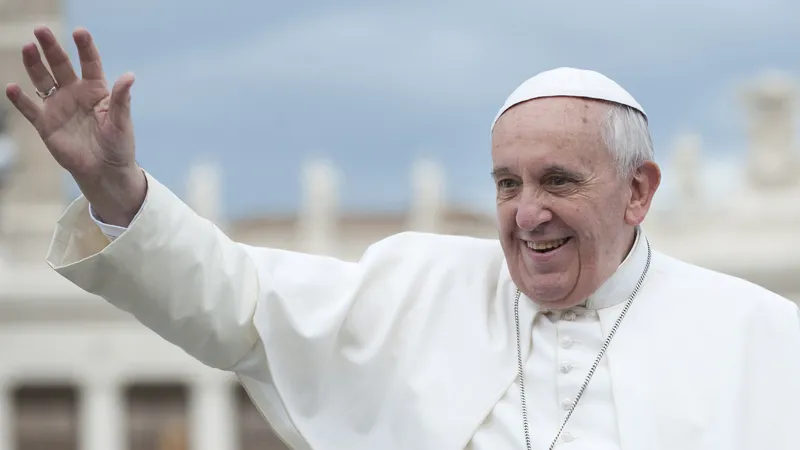
Pope Francis Calls for Release of All Unjustly Imprisoned Journalists
January 25, 2025January 25, 2025 – Iran –
Iran’s Deputy Foreign Minister for Legal and International Affairs, Kazem Gharibabadi, addressed the UN Universal Periodic Review in Geneva, firmly denying that Iran detains journalists or civil society figures for their professional work. He dismissed UN Special Rapporteur reports on Iran as biased, politically motivated, and based on unreliable sources.
Gharibabadi did not offer names of reputable sources that Iran considers credible, but criticized the mandate of the Special Rapporteur as “an act based on continuous political mobilization against Iran,” allegedly orchestrated by select Human Rights Council member states.
His defense came amid mounting evidence from independent watchdogs documenting widespread repression of the press. Reporters Without Borders ranked Iran 176th out of 180 in their 2024 World Press Freedom Index. Meanwhile, the Defending the Free Flow of Information (DeFFI) group reported 385 judicial and security actions targeting at least 256 journalists and media outlets over the past year.
These actions included the arrest of 36 journalists and media activists—11 of whom received prison sentences totaling 69 years and 10 months. Punishments even extended to flogging (110 lashes) and substantial fines. Notably, female journalists suffered disproportionately: 40 faced judicial or security action, with three women receiving five-year prison terms—the harshest known sentences in 2024.
DeFFI’s report highlighted a clear pattern correlating spikes in press repression with key political events in Iran, such as the death of former President Ebrahim Raisi, the collapse of Syria’s Assad regime, and rising Iran–Israel tensions. Authorities frequently resorted to charges like “dissemination of falsehoods aimed at disturbing public opinion” to justify detentions and drive self-censorship.
Additionally, media suppression is not confined to Tehran. Provinces with significant ethnic-minority populations, including Khuzestan, Sistan and Baluchestan, and Kurdistan, saw intensified judicial action against journalists. DeFFI warns this has created “news deserts,” depriving entire communities of independent information.
In his UN remarks, Gharibabadi went as far as to deny the presence of ethnic minorities—a claim starkly contradicted by DeFFI’s findings. The article underscores the credibility gap between Iran’s official narrative and persuasive evidence from independent organizations, both on the scale of press repression and its geographic reach.
Reference –

